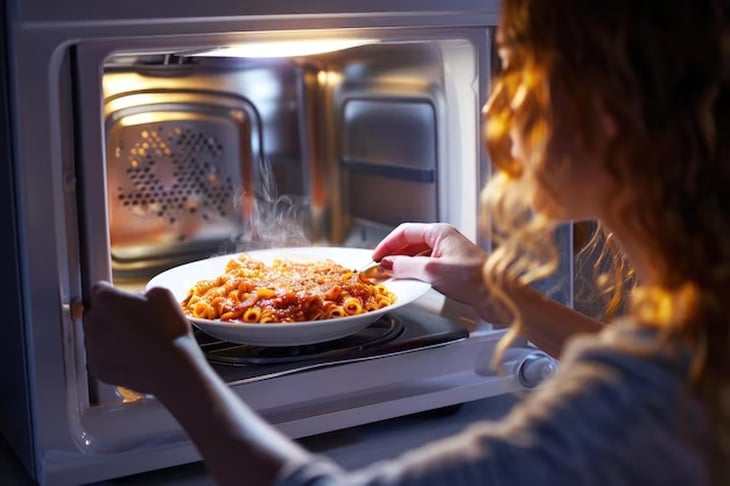
Humans invented microwave ovens to heat food faster, thereby providing nutritional benefits - Photo: FREEPIK
Vox claims that microwaves are quite safe to use, and you're not absorbing harmful nuclear radiation.
Is microwave radiation harmful?
Microwaves produce a completely different type of radiation than nuclear reactions. When a nuclear bomb explodes, it emits ionizing radiation that can damage cells and cause cancer and other serious illnesses. Microwaves do not do that.
Microwave radiation is “non-ionizing,” like radio waves or light. This type of radiation is much weaker than ionizing radiation and does not have enough energy to alter DNA.
Although direct, prolonged exposure to high levels of radiation can cause tissue damage, according to the CDC (Centers for Disease Control and Prevention), non-ionizing radiation is something people are exposed to every day without any obvious danger.
Visible light - from the sun or light bulbs - is also a form of non-ionizing radiation and is converted into images by the brain.
Microwave ovens are also strictly monitored by the FDA (US Food and Drug Administration) to minimize the risk of radiation leakage. According to this agency, accidents caused by radiation from microwave ovens are very rare, only occurring in unusual cases or when the equipment is severely damaged.
The EPA (US Environmental Protection Agency) also confirms that "non-ionizing radiation in microwave ovens does not make food radioactive" and does not reduce nutritional value.
Dr. Anthony Komaroff (Harvard University) wrote in 2019 that "microwave cooking is actually the least nutrient-destroying way."
Microwaves were invented to help heat food quickly, thereby preserving more nutrients. Because heat destroys vitamins and minerals, the shorter the cooking time, the more nutritional value the food retains.
Compared to boiling, which causes nutrients to dissolve into water, microwave ovens retain nutrients better.
Compared to cooking methods such as grilling, stir-frying or oil-free frying, it depends on the type of vegetable, but in general, in terms of nutrition, microwave ovens are not inferior.
What should I keep in mind to use a microwave safely?
However, when using a microwave, there are at least two things to keep in mind. First, according to Vox , make sure you use a microwave-safe container. Absolutely do not put metal in the microwave, and avoid using plastic bowls or containers.
Concerns about microplastics like BPA and PFAS are well-founded. Studies have shown that these chemicals can leach into food when heated in a microwave. Once in the body, they can cause heart damage, affect the digestive system, cognitive function, and other organs.
So choose glass or ceramic containers, and double-check that they are labeled “microwave-safe.” Also, if they are old or cracked or scratched, replace them to reduce the risk of chemical leaks.
Another risk that health agencies warn about is the risk of burns. Microwaves can heat up very strongly, which can cause burns if you touch or eat food that is too hot. This is what the FDA is warning consumers about, not nuclear mutations.
Source: https://tuoitre.vn/lo-vi-song-tao-ra-buc-xa-co-gay-hai-khi-ham-thuc-an-20250712180431612.htm



![[Photo] Immerse yourself in the colorful musical world of “Secret Garden Live in Vietnam”](https://vphoto.vietnam.vn/thumb/1200x675/vietnam/resource/IMAGE/2025/10/18/1760805978427_ndo_br_thiet-ke-chua-co-ten-41-png.webp)
![[Photo] Closing ceremony of the 18th Congress of Hanoi Party Committee](https://vphoto.vietnam.vn/thumb/1200x675/vietnam/resource/IMAGE/2025/10/17/1760704850107_ndo_br_1-jpg.webp)
![[Photo] Collecting waste, sowing green seeds](https://vphoto.vietnam.vn/thumb/1200x675/vietnam/resource/IMAGE/2025/10/18/1760786475497_ndo_br_1-jpg.webp)
![[Photo] General Secretary To Lam attends the 95th Anniversary of the Party Central Office's Traditional Day](https://vphoto.vietnam.vn/thumb/1200x675/vietnam/resource/IMAGE/2025/10/18/1760784671836_a1-bnd-4476-1940-jpg.webp)

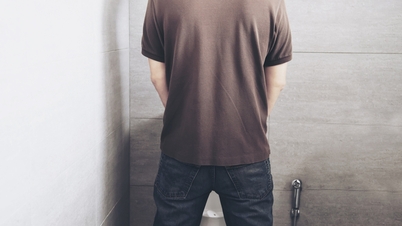

![[Infographic] 8 cancers related to tobacco](https://vphoto.vietnam.vn/thumb/402x226/vietnam/resource/IMAGE/2025/10/18/1760748667221_anh-chup-man-hinh-2025-09-26-110-2182-jpg.webp)


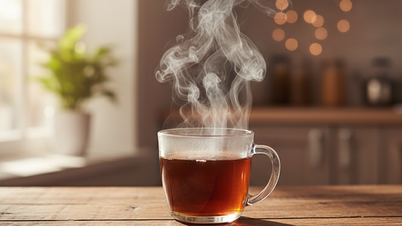



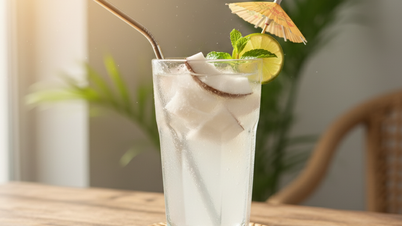



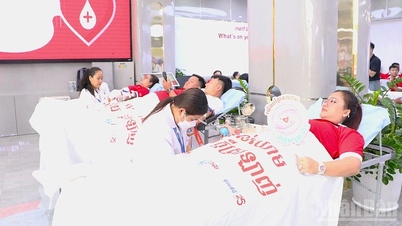

















































































Comment (0)